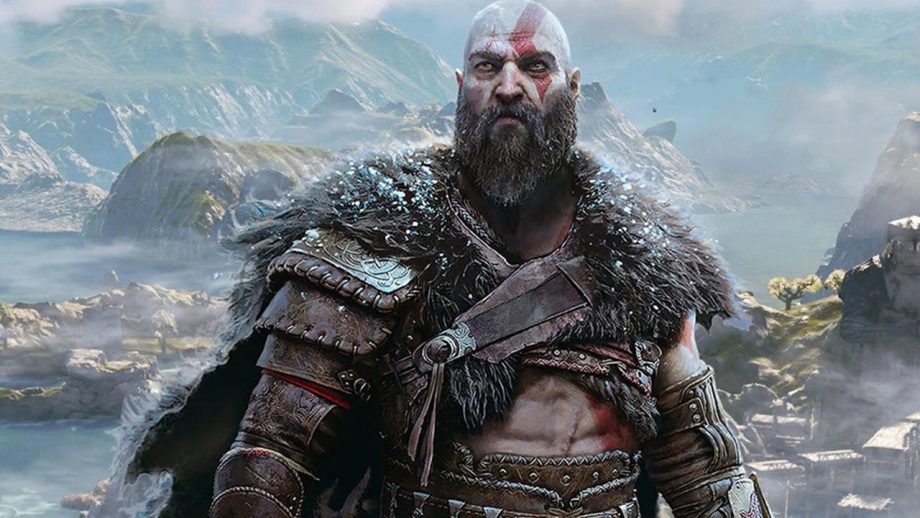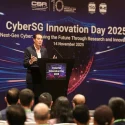There’s no question that one of the biggest talking points during last week’s Gamescom Asia x Thailand Game Show came out of Dead Space creator Glen Schofield’s opening keynote address, regarding his plans to “fix” the industry in part via the use of generative AI in games development. In addition to speaking with Schofield, IGN managed to get some time with another industry veteran, Meghan Morgan Juinio, to ask for her thoughts on the controversial practice that has previously been met with anger from Call of Duty fans, but also major support from games industry executives like EA CEO Andrew Wilson.
“I think if we don’t embrace it, I think we’re selling ourselves short,” said Juinio, who recently vacated her role as director of product development at Santa Monica Studio after 10 years and two hugely successful God of War games. “AI is a tool, and something that will augment us. At least for right now, that’s how I see it. It’s going to evolve whether you’re onboard with it or not, so I want to be at the forefront of helping to guide how that goes and how we use it.”
Juinio went on to compare the use of generative AI to the procedurally-generated content that’s been a part of games development for decades now, pointing to SpeedTree – a tool for generating trees in real time – which was used as early as 2002 for the foliage in The Elder Scrolls IV: Oblivion. She also recalled a time when animators were pushing back against motion capture and the use of procedural generation to blend animation frames rather than key them by hand. Both procedurally generated assets and animations have long become standard practices in games development, and Juinio seems just as confident that generative AI will also find its place.
“Personally, I’m super positive,” said Juinio. “Like [Glen Schofield said in his keynote address], this is the next big technological advancement that’s coming. In fact it’s here already, and I think as leaders in the video game industry it is on us to figure out not just can we do it with AI, but should we? And it’s a case-by-case type of decision making process and what’s true for game X might not be true next year for game Y.”






